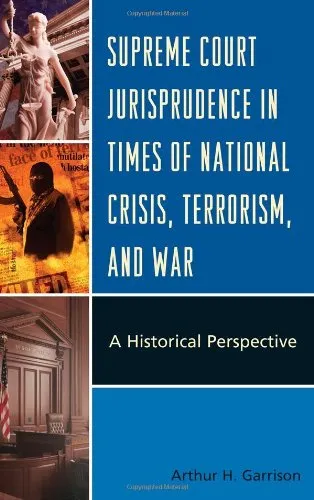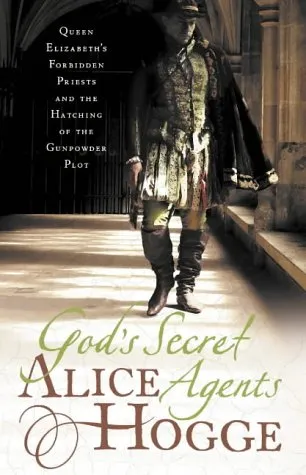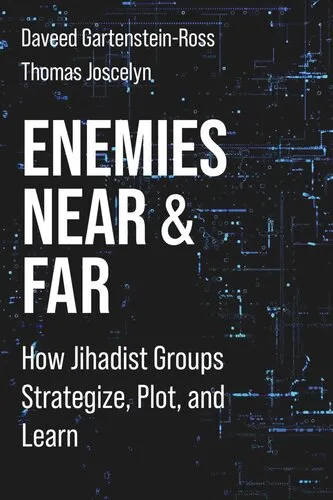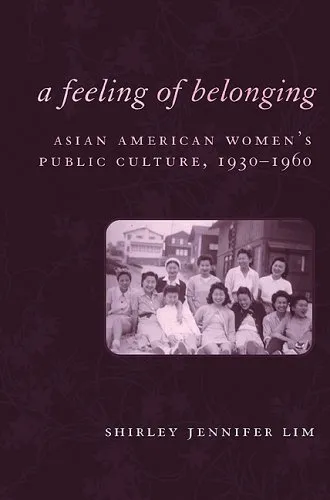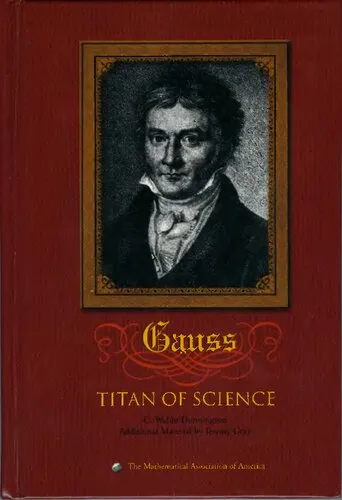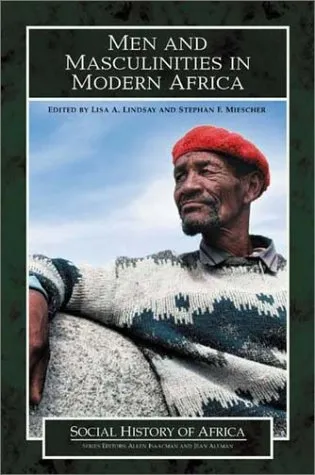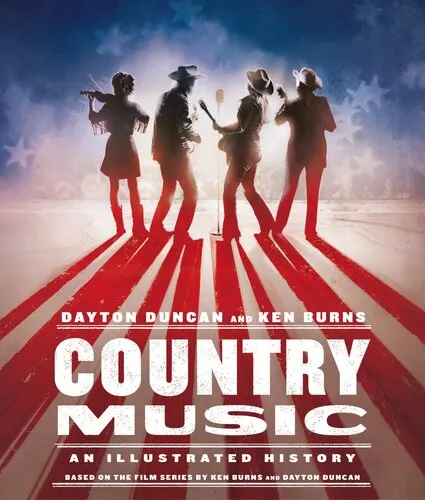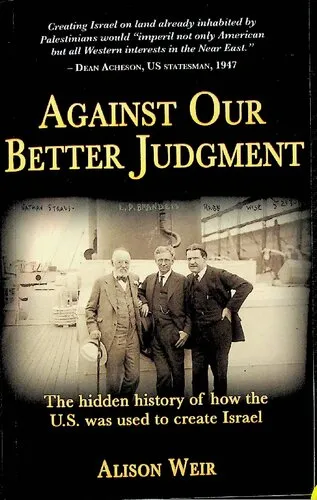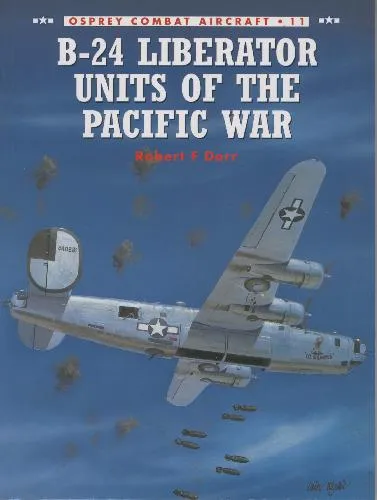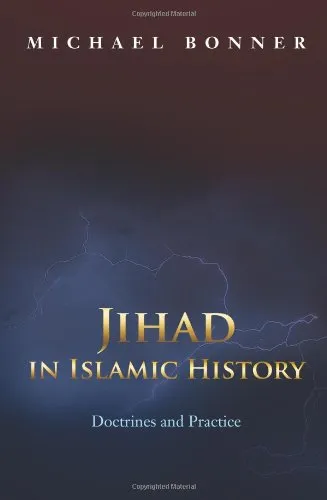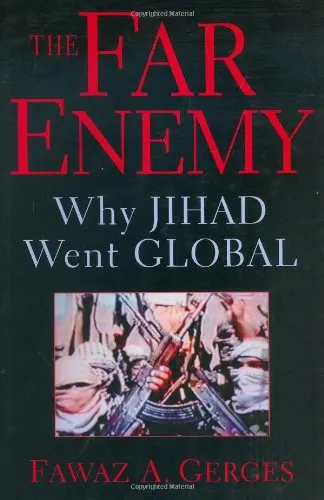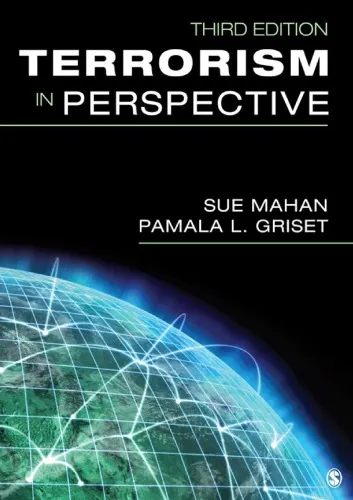Supreme Court Jurisprudence in Times of National Crisis, Terrorism, and War: A Historical Perspective
4.5
بر اساس نظر کاربران

شما میتونید سوالاتتون در باره کتاب رو از هوش مصنوعیش بعد از ورود بپرسید
هر دانلود یا پرسش از هوش مصنوعی 2 امتیاز لازم دارد، برای بدست آوردن امتیاز رایگان، به صفحه ی راهنمای امتیازات سر بزنید و یک سری کار ارزشمند انجام بدینکتاب های مرتبط:
مقدمهای بر کتاب 'Supreme Court Jurisprudence in Times of National Crisis, Terrorism, and War: A Historical Perspective'
کتاب Supreme Court Jurisprudence in Times of National Crisis, Terrorism, and War: A Historical Perspective تألیفی است که به نقش کلیدی دیوان عالی ایالات متحده در تصمیمات حقوقی در شرایط بحران ملی، تروریسم و جنگ میپردازد. این اثر، تحلیل جامعی از تاریخچه قضایی آمریکا ارائه میکند و نشان میدهد که چگونه اصول قانونی و موازنههای قانون اساسی در زمانهای استثنایی مورد بازبینی و تغییر قرار میگیرند.
خلاصهای جامع از کتاب
این کتاب بهطور خاص بر این موضوع تمرکز دارد که چگونه دیوان عالی ایالات متحده تصمیمات خود را در مواجهه با تهدیدهای ملی، از قبیل جنگ داخلی آمریکا، جنگ جهانی دوم، دوران جنگ سرد و حملات تروریستی 11 سپتامبر، اتخاذ کرده است. کتاب بررسی میکند که چگونه نهادهای قضایی در شرایط بحرانی، میان ایجاد امنیت ملی و حفاظت از حقوق مدنی، دست به موازنه میزنند.
فصلهای این کتاب حول محور دورههای مهم در تاریخ آمریکا طراحی شدهاند و به ارائه پروندههای قضایی مهمی مانند Korematsu v. United States و Hamdi v. Rumsfeld میپردازد. این پروندهها بیانگر استدلالهایی هستند که چگونه دیوان عالی در تدوین تفاسیر قانونی نقش داشته است و چه تأثیری بر زندگی مردم گذاشتهاند.
نکات کلیدی کتاب
- تحلیل تاریخی از نقش دیوان عالی آمریکا در زمانهای بحران.
- بررسی تطبیقی پروندههای قضایی مهم و تأثیر طولانیمدت آنها بر حقوق مدنی.
- شرحی عمیق در مورد چالشهای تئوری تفکیک قوا در زمانهای اضطراری.
- ارائه بینشی جدید برای دانشجویان حقوق و پژوهشگران علاقهمند به قانون اساسی آمریکا.
- بحث در مورد این که چگونه اصول دموکراسی در شرایط پیچیده همچنان پایدار باقی میمانند.
نقلقولهای معروف از کتاب
"در شرایطی که ملت با بحرانهای بیسابقه روبرو است، تعریف عدالت اغلب فراتر از چارچوبهای سنتی قانون اساسی میرود و به تعادلی میان امنیت و آزادی بدل میشود."
"تاریخ قضایی آمریکا نشان میدهد که هر تصمیم دیوان عالی، بازتاب دهنده نگرانیهای بزرگتر یک ملت درباره بقاء و هویت خود است."
چرا این کتاب اهمیت دارد؟
کتاب Supreme Court Jurisprudence in Times of National Crisis, Terrorism, and War: A Historical Perspective یکی از آثار ضروری برای هر کسی است که میخواهد درک عمیقی از تعامل حقوقی و سیاسی در ایالات متحده داشته باشد. این کتاب، فراخوانی است برای اندیشیدن به تأثیر بحرانها بر اصول بنیادین قانون اساسی و چگونگی واکنش نظام قضایی به این چالشها. به واسطه تحلیلهای دقیق و نگاه جامع، این اثر بهخوبی نشان میدهد که چرا تفاسیر قانون اساسی نباید از واقعیتهای اجتماعی و سیاسی جدا باشند.
Introduction to "Supreme Court Jurisprudence in Times of National Crisis, Terrorism, and War: A Historical Perspective"
The United States Supreme Court stands as the ultimate arbiter of constitutional law, navigating the delicate balance between safeguarding individual liberties and addressing the exigencies of national security. During times of national crisis, terrorism, and war, this balance is tested to its limits. My book, "Supreme Court Jurisprudence in Times of National Crisis, Terrorism, and War: A Historical Perspective," explores the complex and often controversial role of the Supreme Court in these extraordinary circumstances.
Through a historical analysis of landmark cases, the book examines how the Court has deliberated on issues at the intersection of civil liberties and national security across different eras, such as the Civil War, World War II, the Cold War, and the post-9/11 War on Terror. The aim is to provide readers with a comprehensive understanding of how the judiciary has responded to crises that challenge the core values enshrined in the Constitution.
This book is not just about historical cases or legal doctrines—it is ultimately about understanding the tension between preserving democracy and responding to threats against it. The decisions made by the Supreme Court during such periods shape the trajectory of civil rights and national security, leaving a lasting legacy for future generations. Whether you are a student of law, history, politics, or merely a curious reader, this book will serve as a guide to understanding the role of the judiciary in times when the nation faces its greatest challenges.
Detailed Summary of the Book
The book is organized into several chronological and thematic sections, each focusing on how the Supreme Court has approached national crises over nearly two centuries of American history.
The early chapters delve into foundational cases such as Ex parte Merryman during the Civil War, highlighting challenges to executive power and the balance of authority between branches of government. From there, the narrative progresses to contentious decisions during World War II, including the infamous Korematsu v. United States, which upheld the internment of Japanese Americans in the name of national security.
Subsequent sections examine Cold War-era decisions such as those involving communist affiliations and loyalty oaths, alongside the Court's delicate handling of First Amendment freedoms during heightened fears of espionage and ideological subversion. The book culminates with an analysis of post-9/11 Supreme Court decisions, including those on Guantanamo detentions and the limits of executive power during the global War on Terror. Each case study is contextualized within its historical moment, providing readers with a nuanced understanding of how national crises influence judicial decision-making.
Key Takeaways
- The Supreme Court's decisions during times of crisis often reflect a dynamic balance between protecting civil liberties and granting the government flexibility to respond to threats.
- Judicial rulings in extraordinary times can set precedents that expand or limit governmental authority for decades to come.
- While national security often necessitates a robust governmental response, history has shown that unchecked executive authority can lead to significant infringements on civil liberties.
- The Court’s most controversial decisions—such as Korematsu—continue to prompt debate about the judiciary's role in legitimizing questionable government actions.
- Understanding the Supreme Court’s historical jurisprudence provides valuable lessons on the importance of judicial independence, constitutional protections, and the rule of law even during national emergencies.
Famous Quotes from the Book
"The Constitution is not a fair-weather document—it is designed to guide governance in both tranquil and tempestuous times."
"In deferring to the executive during times of fear, the judiciary risks compromising the very liberties it is sworn to protect."
"History has repeatedly taught us that the erosion of civil liberties during emergencies often leaves a mark long after the crisis has subsided."
Why This Book Matters
At a time when questions about the limits of governmental authority, executive power, and individual rights remain highly relevant, this book speaks to the enduring tension between security and liberty. It matters because understanding how the Supreme Court has historically handled these crises allows citizens and policymakers alike to better anticipate and respond to similar challenges today.
By providing insights into the judiciary’s pivotal role, the book empowers readers to critically evaluate the balance of power within American democracy. It also serves as a reminder of the importance of protecting constitutional values, even when fear and uncertainty threaten to undermine them. For anyone seeking to grasp the role of the courts in shaping the nation's legal and political trajectory during moments of existential threat, this book is an essential read.
دانلود رایگان مستقیم
شما میتونید سوالاتتون در باره کتاب رو از هوش مصنوعیش بعد از ورود بپرسید
دسترسی به کتابها از طریق پلتفرمهای قانونی و کتابخانههای عمومی نه تنها از حقوق نویسندگان و ناشران حمایت میکند، بلکه به پایداری فرهنگ کتابخوانی نیز کمک میرساند. پیش از دانلود، لحظهای به بررسی این گزینهها فکر کنید.
این کتاب رو در پلتفرم های دیگه ببینید
WorldCat به شما کمک میکنه تا کتاب ها رو در کتابخانه های سراسر دنیا پیدا کنید
امتیازها، نظرات تخصصی و صحبت ها درباره کتاب را در Goodreads ببینید
کتابهای کمیاب یا دست دوم را در AbeBooks پیدا کنید و بخرید
1505
بازدید4.5
امتیاز0
نظر98%
رضایتنظرات:
4.5
بر اساس 0 نظر کاربران
Questions & Answers
Ask questions about this book or help others by answering
No questions yet. Be the first to ask!
